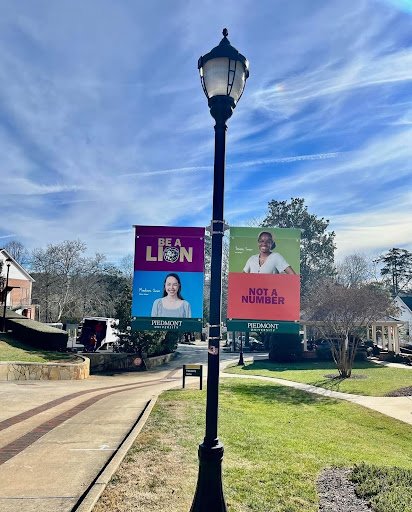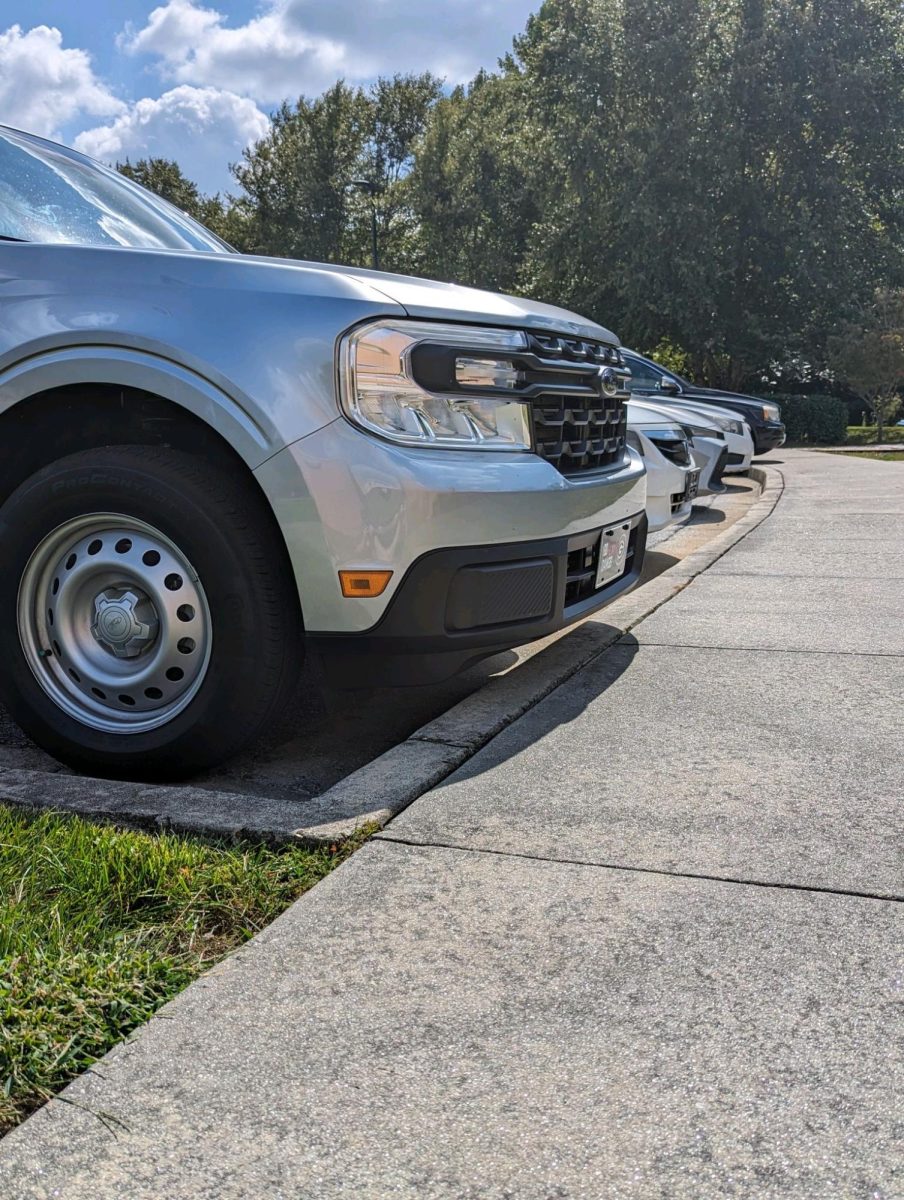CHLOE MORGAN Contributing Writer
Last year, along with thousands of other 17-year-olds across the UK, I was being told I had to start seriously thinking about the career path I wanted to follow and the university I wanted to attend. I was completely overwhelmed by the application process and was terrified by the idea of having to study a subject I wasn’t passionate about for the next three years of my life.
Fast forward a year and I’m halfway across the world, attempting to figure the same thing out. In the past decade, the term “gap year” has become a far more familiar concept with young people who are looking for a break between high school and college, or, like me, don’t feel ready to start their degree program yet.
This year, Malia Obama revealed that she is planning to take a gap year before attending Harvard University in 2017. This raises the question: are gap years beneficial to students hoping to attend university?
Parents, students and academic institutions all have their own agendas regarding gap years and the benefits they pose to students; but from the increasing number of students deciding to embark on one, it is clear that attitudes towards them are beginning to change. Harvard’s website currently encourages students to “defer enrollment for one year to travel, pursue a special project or activity, work, or spend time in another meaningful way.” Ultimately, Harvard’s statement implies that as long as students are gaining skills and real world experience from their gap year, they approve.
Many parents dread hearing their child mention the term ‘gap year,’ as it has long been associated with rich kids wanting to spend their parent’s money traveling across the globe on one long, never-ending vacation. It’s hard to measure the benefits of gap years as they usually consist of non-academic activities and largely focus on developing students’ social skills.
More recently, however, organizations have been set up to ensure gap year opportunities are more accessible and actually offer students with a way to expand their skill sets and gain valuable experience. Volunteering programs such as United Planet and GVI have become increasingly popular. In these programs, students have the opportunity to help out in under developed countries, often teaching in schools or helping build them. This kind of experience is being noticed by universities across the country who closely look at students who have taken gap years and in some colleges, prefer it.
I am currently embarking on my own gap year and can already see the changes it has made to me as a person- helping me to develop my social skills, confidence and adaptability. I know that the experience I have gained will easily be reflected onto my college application and that I will be a much more desirable applicant because of it.
















